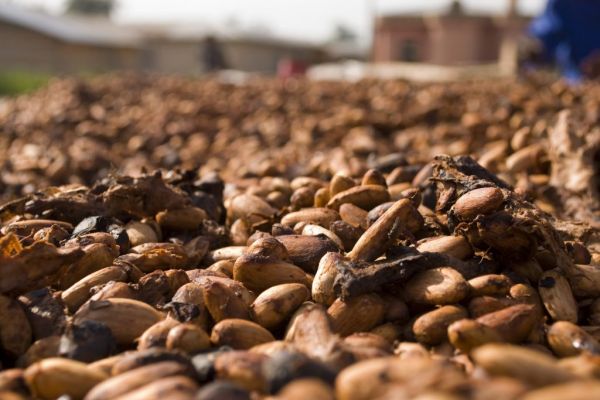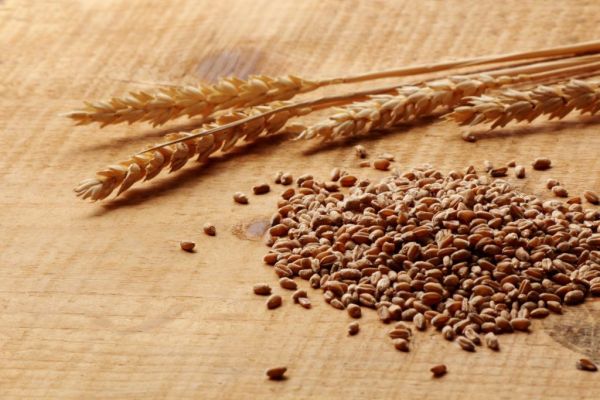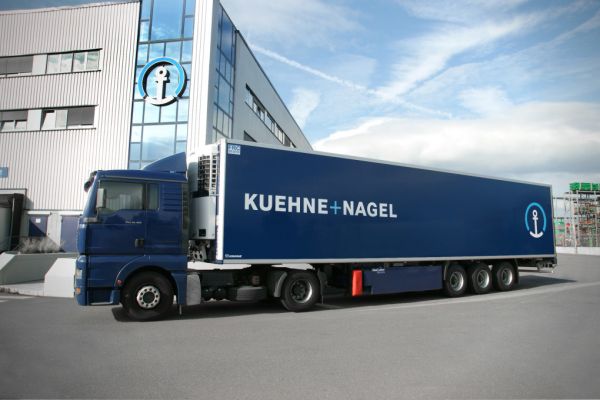RCL Foods, South Africa’s largest chicken producer, said the country’s frequent power cuts, a weakening currency and rising labour expenses will negate any benefits of lower oil prices on food-production costs.
RCL, which supplies about one-third of the sugar consumed in South Africa, is facing constant demands for wage increases accompanied by strikes, Chief Executive Officer Miles Dally said by phone on Wednesday. The company employs about 20,000, he said. Rolling blackouts are hurting its chicken unit as a weaker rand increases the cost of importing soy, Dally said.
“Add all of that together, we probably lost the benefit of the oil price, but it is not as bad as it would’ve been if the oil price stayed up,” Dally said. The lower price of oil, which has fallen by about a half since June, reduces the cost of transport and by-products such as packaging, Dally said.
RCL, formerly known as Rainbow Chicken, has over the past two years diversified away from selling the meat by acquiring New Foodcorp Holdings. and units of TSB Sugar Holdings. The rand has lost about 10 per cent against the dollar since the start of 2014. Eskom Holdings SOC, which provides 95 per cent of South Africa’s electricity, has rationed power for 11 days this month as it struggles to meet demand amid plant breakdowns and delays in the construction of new generating units.
“We cannot switch on a generator to run a chicken abattoir,” Dally said. “We slaughter a million chickens a day at three different facilities. You have to turn them around and send them back.”
The price of yellow maize, or corn, won’t immediately have a significant effect on food costs as an oversupply from the previous seasons will meet demand, Dally said. RCL uses the crop as a feed for chickens. Yellow maize has risen about 10 per cent on the South African Futures Exchange since the beginning of the year because of concerns over drought.
“If you look at the fundamentals, we don’t think it should be where it is right now and we should have sufficient maize,” Dally said.
Bloomberg News, edited by ESM













